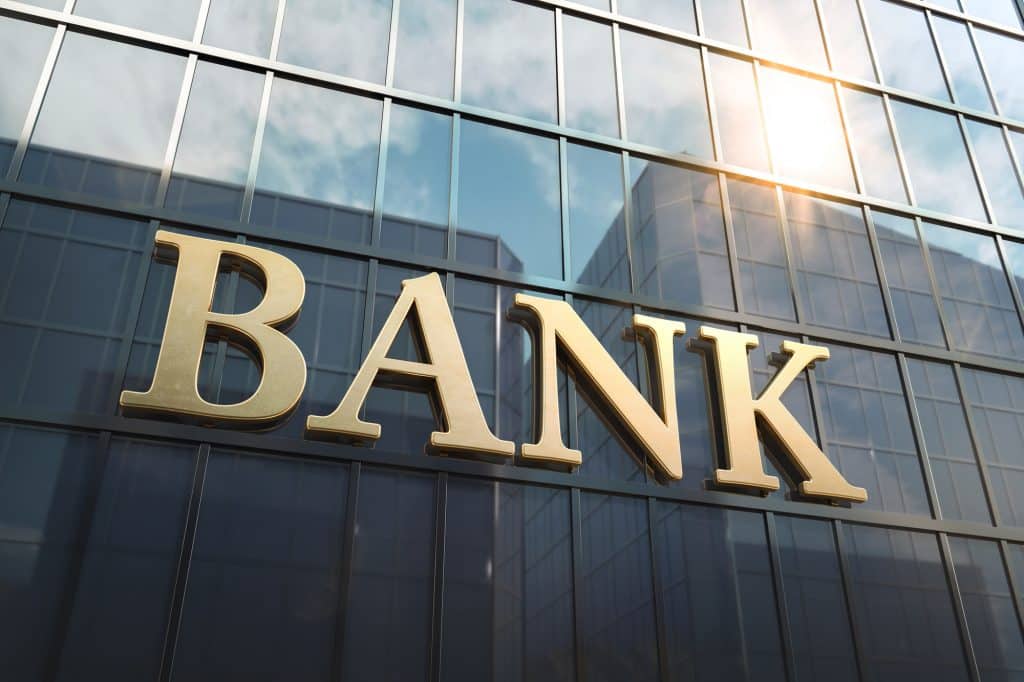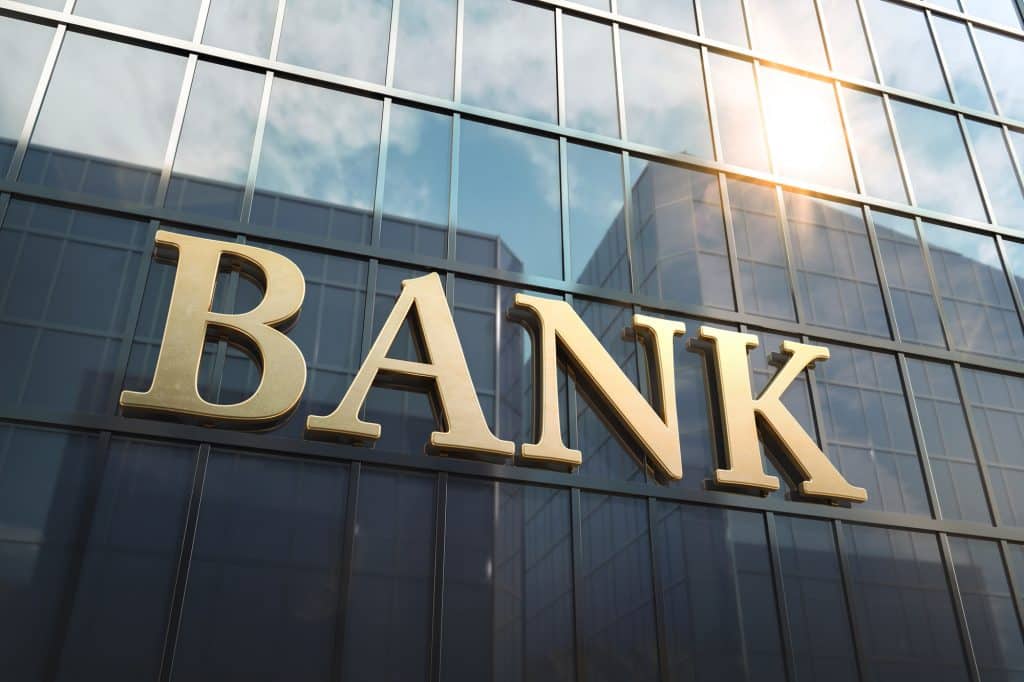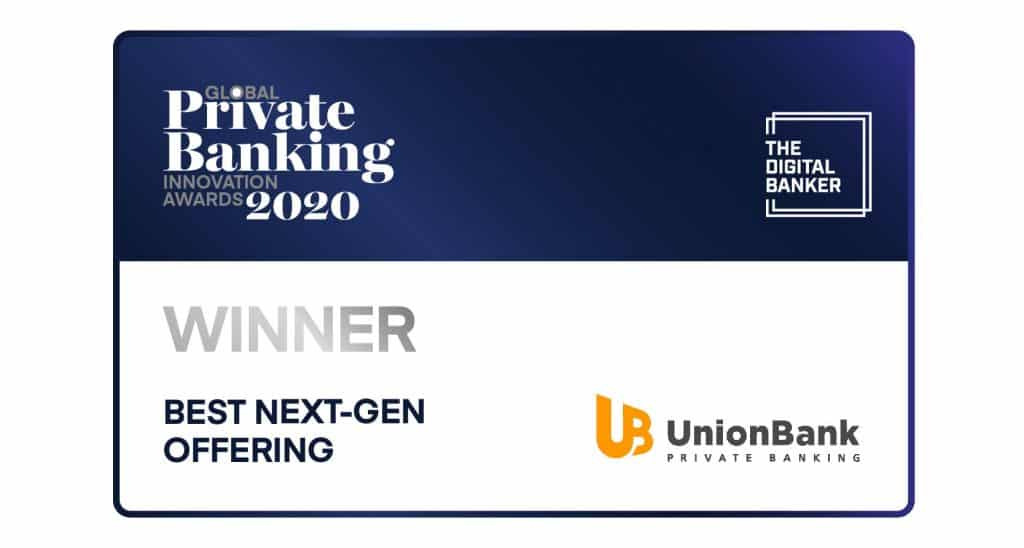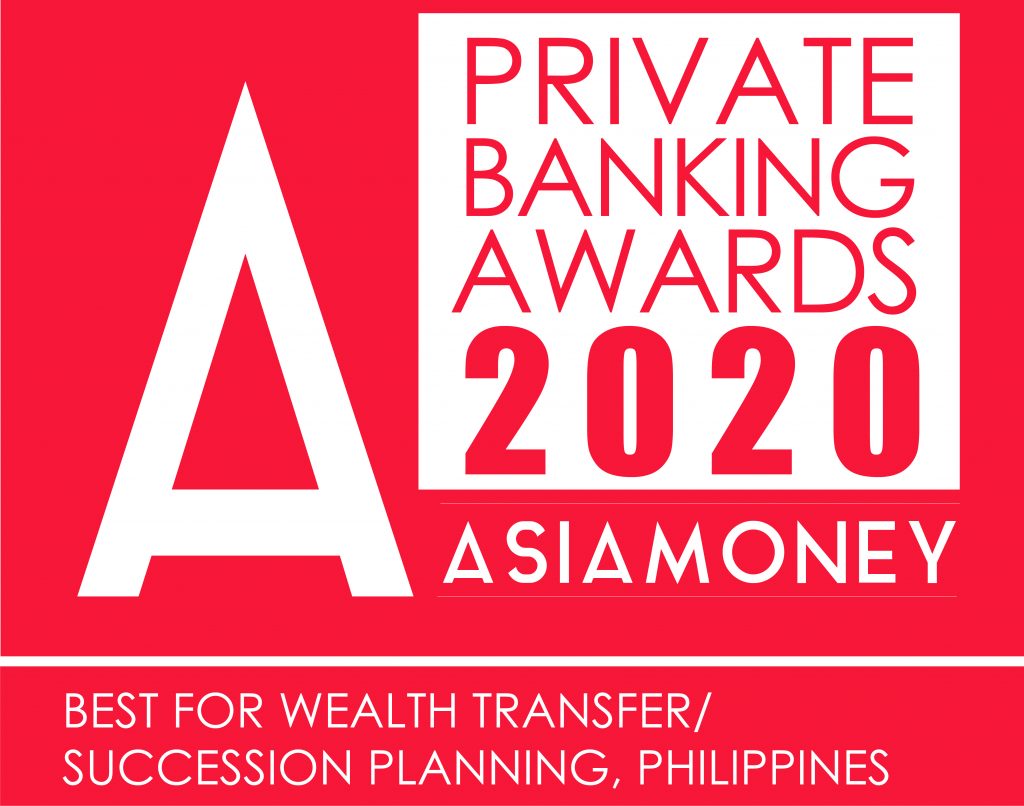The total revenue for 12 of the largest investment banks was $147.5 billion in 2019. While the revenue was a 4% decrease from the previous years, investment banking remains a crucial aspect of the economy. Consequently, there has been a surge in the number of investment bankers.
Selecting an experienced and qualified investment banker can be daunting. You need to be critical in your vetting as the choice of investment banker will impact your transaction experience. A professional investment banker will give you the best advice, negotiate with the utmost prowess, and ensure that you get the best deal.
Are you looking for assistance in managing your investments? Here are factors you might want to consider when choosing an investment banker.
1. Reputation
The reputation of a bank is an essential consideration. However, the character of the people transacting on behalf of the bank is more crucial. It would be best if you vetted an investment banker as an individual.
Check their past deals. Do they have a track record of success? The main areas to consider are the banker’s industry, the size of the deals closed, and the transactions involved.
Your chosen investment banker should be someone whose reputation is commendable. You can research and vet more to know the type of person who will be handling your investments.
2. Chemistry and Trust
You don’t want to take chances collaborating with an investment banker you can’t trust. You will be entrusting all your financial transactions based on advice from this specific investment banker in the long-term. The process will undoubtedly be time consuming and intimate.
As such, ensuring that you develop synergies with the investment banker is necessary. Chemistry refers to the inherent feeling of being comfortable listening to your banker’s advice. You’ll also need to ask relevant and somewhat delicate financial questions over time.
It would help to focus on the chemistry when shopping around for an investment banker. If the chemistry isn’t there, you might end up dealing with a more stressful situation. Trust, on the other hand, is non- negotiable.
You can’t afford to deal with someone you can’t trust. Trust must be at the centre of any relationship with an investment banker before committing to a long term engagement. This is especially crucial considering the value of your investment.
3. Get a Relational Investment Banker
In investment banking, creating rapport with clients is essential. You need to prioritize a banker with essential relationship skills. While the skill is intangible, it’s one of the most critical for investment bankers.
The stakes in investment banking are quite high. An investment banker with the right social skills and attitude will address extreme conditions and individuals. Nothing is more fulfilling than having an investment manager who understands you!
You’ll be communicating with bankers often when running a transaction. It would help to identify bankers with the right communication skills. Within the first encounter, you can gather clues that will determine whether the banker has the right set of communication and relational skills.
4. Valuation and Fees
Cost is always a factor when choosing a reliable investment banker. You want to understand the cost implications before committing fully to such services. The banker should be able to present an accurate cost of services.
While you might be keen to attract someone who charges the lowest fee, it would help focus on the ROI. Your goal should be to work with someone who has the highest qualifications. It would help balance the need for a pocket-friendly deal with a highly reliable banker to ensure value.
It would also be essential to ensure that you understand all the hidden fees and any other charges before hiring an investment banker.
When it comes to valuation, a good banker should keep up with the trends in your specific industry. This helps in interpreting the market activities and their impact on the value of your valuation. Ensure that you understand the range of valuation before committing to hiring.
5. Availability of Resources
A reliable bank should have adequate resources for your deal. If a firm has large teams, they are unlimited on the financial transactions it can handle. While this might be a positive aspect of the bank’s view, it might not favour you.
It is best to work with an investment manager who will guarantee you a personal experience. Confirm if they have the right resources. You can check out the different types of investment banking services and the available resources to know if they resonate with your business needs.
6. Transaction Experience
One of the essential factors you might need to consider when selecting an investment banker relates to experience. Can they get the deal done? You don’t want to deal with a novice who might take longer to deliver.
You also want to rest easy, knowing that your investment banker has the experience necessary to deliver. A banker who has been in the industry long enough understands the dynamics in the sector. The easiest way to validate an their experience is to consider the number of past transactions.
The more the number of transactions the banker has, the more the experience they bring on the table. It would help to consider the level of experience the they have before proceeding to commit.
7. References and Reviews
Every investment banker worth their salt has a battalion of loyal clients. Reviews play an important role in determining any business’s repute. Before you decide to hire an M&A specialist, consider the testimonials that back up their exceptional services.
Most past customers provide honest feedback on their engagement with respective investment bankers. You can utilize such information to determine the most suitable banker to handle your case. It would also help consider negative reviews as a red flag when dealing with investment banking service providers for the first time.
The Right Investment Banker Has a Significant Impact on Your Wealth
Transactions are often laden with challenges. You’ll meet buyers who are more familiar with the market than you, leading to disagreements. With an experienced investment banker, you can rest easy knowing that the process will be seamless.
You need to familiarize yourself with the banker’s skills and experience. Thorough vetting will enable you to settle for the best talent around.
Contact us today for compelling articles on financing.







